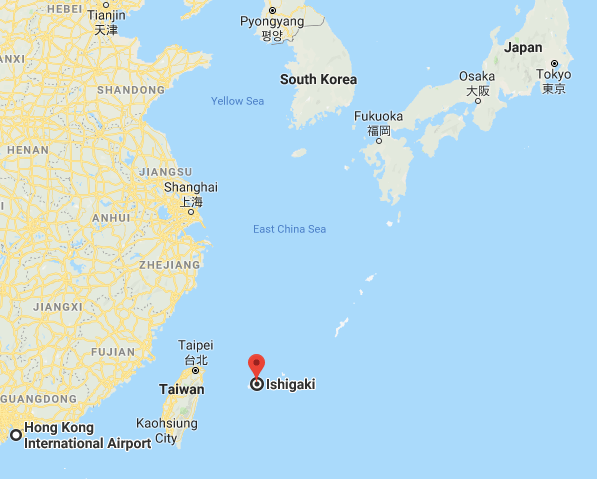Balance of Power politics is one of the most enduring patterns in international relations. Its roots go far back to Kautilya, an Indian teacher who wrote one of the first political treatise in the 4th century BCE called the Arthashastra. Few now know about Kautilya, but he introduced some of the more well-known aphorisms in world politics: “the enemy of my enemy is my friend” and “the friend of my enemy is my enemy” are examples of how we formulate balance of power statecraft. It is a political system motivated solely by the desire to maintain and accrete power, totally devoid of principle or morality. There are a very large number of examples of the balance of power throughout history, and the one that underpins contemporary international relations theory is the European balance of power that lasted from the Congress of Vienna in 1815 (ending the Napoleonic Wars) to the outbreak of World War I in 1914.
That balance of power ultimately failed, largely because it failed to accommodate the growing power of Germany which was a late comer to the balance of power game (a united Germany only became real after Bismarck’s Zollverein was completed in 1871). Great Britain, France, and Russia refused to make any concessions to the emerging great power smack dab in the middle of Europe. As German power grew, the world witnessed the construction of military alliances. One one side was the Triple Entente comprised of Great Britain, France, and Russia which was dedicated to preserving the status quo in Europe. On the Other side was the Triple Alliance, comprised of Germany, Austria-Hungary, and Italy which was dedicated to changing the status quo which would give Germany, in the words of Bernhard von Bülow (1849-1929), who served as Reich chancellor from 1900 to 1909, a “place in the sun”.
The world is now witnessing the same dynamic. China is rapidly developing from a humiliating century at the hands of other powers only to find that those powers seem to be dedicated to preventing China’s “place in the sun”. The Chinese and the Russians are moving closer together and are forging a loose alliance with Iran and other countries to confront the US, Europe, and Japan. According to Nadia Helmy:
“And here, we find that there is an alliance already existing between (China, Iran and Russia), which seeks to make a (coalition at the United Nations to confront US sanctions and set fair standards for the use of force). A number of other founding members of the United Nations joined the Russian-Chinese alliance, namely: (Algeria, Angola, Belarus, Bolivia, Cambodia, Cuba, Eritrea, Laos, Nicaragua, Saint Vincent and the Grenadines, Syria and Venezuela). All of them are allies of China and Russia and have strong military, economic and political relations with them.
“Indications point out that (China, Russia, North Korea and Iran), as well as some other countries seek to (mobilize support for an alliance to defend the Charter of the United Nations), by addressing the use or threat of use of force, and unilateral sanctions, especially those American sanctions imposed on certain countries away from the international community and international legitimacy.
“”These new Russian-Chinese efforts with the participation of 16 countries – in addition to Palestine – come to establish this group at the United Nations, in the face of the ‘multilateral approach’ of the US administration of President ‘Joe Biden’ with its allies to confront Chinese and Russian influence, in abandoning the unilateral approach that he was following the former President (Donald Trump), who was focused on the ‘America First’ policy.”
The Russians, Chinese, and Iran are conducting joint naval drills in the Persian Gulf. The Chinese have been cultivating a strong relationship with Iran over the last 40 years and the sanctions that the US and Europe have imposed on Iran have made it much easier for China to cooperate with Iran.
On the other side, US allies have been more active in asserting their role in Indo-Pacific affairs. For the first time in many years, the Germans are sending naval vessels into the South China Sea, contesting China’s unilateral claims of sovereignty. Great Britain has made a stronger commitment to a naval presence in the region, as reported by Reuters: “Britain said on Tuesday it would permanently deploy two warships in Asian waters after its Queen Elizabeth aircraft carrier and escort ships sail to Japan in September through seas where China is vying for influence with the United States and Japan.”
Japan is also stepping up its military presence in the region, particularly as Chinese rhetoric toward Taiwan continues to ratchet up. The New York Times reports that Japan is building a missile base only 200 miles from Taiwan on the island of Ishigaki.
The parallels between the alliance-building prior to World War I and the current situation are suggestive of the difficulties of adjusting to the emergence of a great power. Some IR theorists have termed this dynamic as “The Thucydides Trap” (a reference to Sparta’s reaction to the emergence of Athens as the dominant power on the Peloponnese), but those theorists need to read Thucydides more closely.


Leave a comment